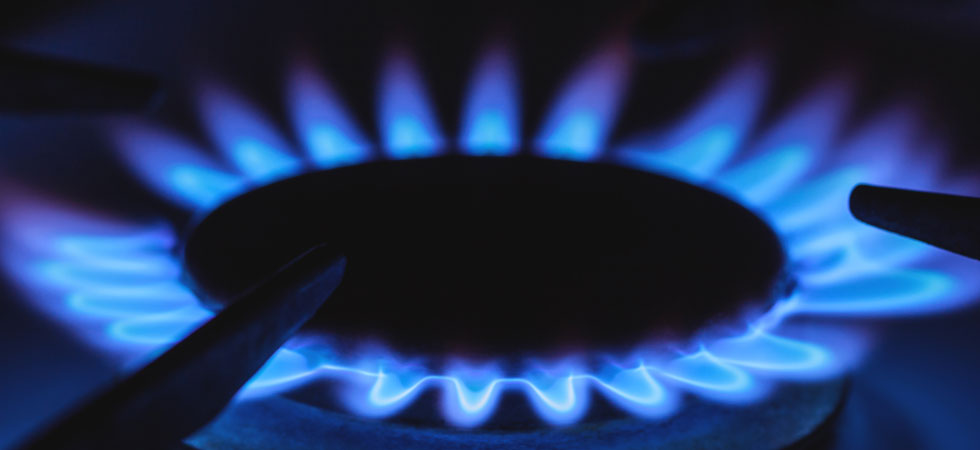
On Jan. 1, 2022, Maine’s new gas detector statute went into effect. This appears to be the first such state law in the nation. It was inspired by the tragic September 2019 propane explosion in Farmington, Maine, that killed one and injured six others (see the August and September 2020 issues of BPN for more information). Whether it will prompt other, similar laws remains to be seen.
The Farmington Incident
The Farmington incident happened when a construction crew was installing protective traffic bollards around an air conditioning unit located just outside a commercial building. The crew unwittingly severed the underground propane line to the building, and over the next several days approximately 400 gallons of propane vaporized and leaked into the basement of the building.
On the morning of the incident, the building maintenance supervisor smelled propane and discovered that the 500-gallon tank, which had just been filled, was completely empty. He evacuated everyone from the building and called the fire department.
Responding firefighters, as well as the maintenance supervisor, were inside the building when it exploded. A fire captain was killed, and the supervisor was catastrophically injured. Six other firefighters were also injured.
Closing a Loophole
The tragedy certainly caught the attention of the Maine legislature in short order. Its first action was to close a significant loophole in Maine’s “Dig Safe” law. This law, which is similar to laws enacted in all states, requires that an excavator give notice to Dig Safe, a not-for-profit clearinghouse that notifies participating utility companies of the planned excavation.
Dig Safe notifies the utilities, which then use special locating equipment to mark the location of their underground lines. The lines are generally marked with painted lines on the surface of the ground. Excavators are then required to take special precautions to expose the marked lines at the point of excavation so that the underground utility lines are not damaged.
The loophole in Maine’s Dig Safe law was that underground propane lines were not included in the notice and marking requirements. In March 2020, the legislature unanimously passed a law that closed this loophole. Underground propane lines in Maine are now covered by the Dig Safe law, and they must be marked prior to any excavation in their vicinity.
Gas Detector Law
However, the Maine state legislature was not done there. In June 2020, it passed a law requiring the installation of electronic fuel gas detectors in many commercial and rental buildings.
These devices are designed to sound an alarm when fuel gas is detected by a sensor inside the device. The alarm will sound only if gas reaches the sensor in a pre-set concentration of gas to air. (Many detectors are set to alarm at a concentration of 20% to 25% of the lower flammability limit of propane.)
The new law requires the installation of “at least one” fuel gas detector in “every room containing an appliance fueled by propane, natural gas or any liquefied petroleum gas.”
Detectors must be installed in accordance with manufacturer’s instructions. Significantly, the obligation to install detectors is placed upon the building owner.
Buildings Covered
The gas detector requirement does not apply to all buildings in Maine that have gas service. It appears that most, if not all, commercial buildings are covered by a list of eight separate categories contained in the statute: each unit of a “building of multifamily occupancy” (apparently apartment buildings, duplexes and the like); fraternity/sorority houses and dormitories; children’s homes, shelters and residential care facilities; hotels, motels and inns; mixed-use buildings that contain a dwelling unit; business occupancies; mercantile occupancies; and assembly occupancies.
There are separate requirements for residential rental units. As with the commercial buildings, detectors must be installed in each room containing a gas appliance, in accordance with manufacturer’s instructions.
It is the landlord’s responsibility to install the detectors “at the time of each occupancy,” if they are not already present. Each detector must be in working condition.
Tenant Responsibilities
The statute does place significant responsibility on the tenant of a residential rental property. If the tenant notifies the landlord in writing of a deficiency, it is the landlord’s responsibility to repair or replace the detector.
However, “if the landlord did not know and had not been notified of the need to repair or replace a fuel gas detector, the landlord’s failure to repair or replace the fuel gas detector may not be considered evidence of negligence in any subsequent civil action arising from death, property loss or personal injury.” And, most importantly, it is the tenant’s responsibility to keep detectors in working condition, either by keeping them connected to electrical service or keeping charged batteries in the devices. The tenant must also periodically test the devices and refrain from disabling them.
The statute also includes a provision that appears to apply to the sale of buildings of multifamily occupancy after Jan. 1, 2022. It is the buyer’s responsibility to install fuel gas detectors within 30 days of purchase or occupancy, to the extent that they have not already been installed. At closing, the buyer must certify that detectors will be installed in the building.
Under this provision of the statute, detectors must be installed in each “area” containing a gas appliance. However, “area” is not defined, and there seems to be no explanation for why the other provisions of the statute call for installation of detectors in each “room” containing a gas appliance. Presumably Maine courts will sort this out at some point.
Finally, under this provision, there can be no claim against the property owner, purchaser, agent, lender or person in possession of the property for “damages resulting from the operation, maintenance or effectiveness of a fuel gas detector.”
Liability Limitation
Finally, the statute provides that it will not provide the basis for legal action against an owner who is required to install detectors, provided “the owner has conducted an inspection of the required fuel gas detectors immediately after installation and has reinspected the fuel gas detectors prior to occupancy by each new tenant.” However, this protection does not apply if “the owner has been given at least 24 hours actual notice of a defect or failure of the fuel gas detector to operate properly and has failed to take action to correct the defect or failure.”
It is significant that all responsibilities for the installation and maintenance of fuel gas detectors under this new law are placed on building owners, landlords and tenants. The law does not place any responsibility on the gas distributor. This is appropriate, as building owners, landlords and tenants are certainly best positioned to install and maintain the detection devices.
The provisions of the new law may be found at mainelegislature.org. Those in Maine who may be affected by this law should consult with counsel regarding its specific provisions and their rights and obligations under it.


